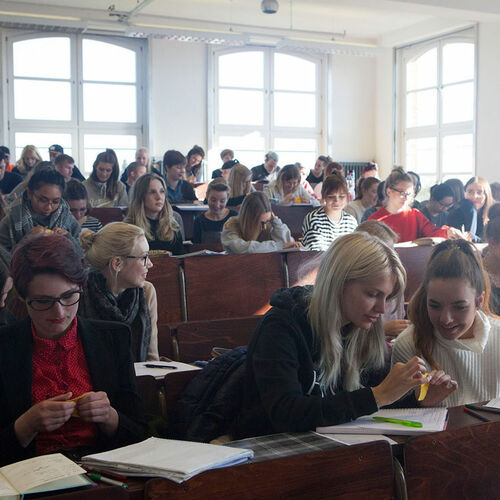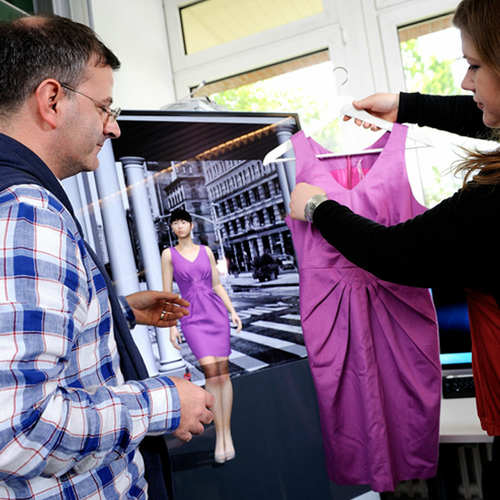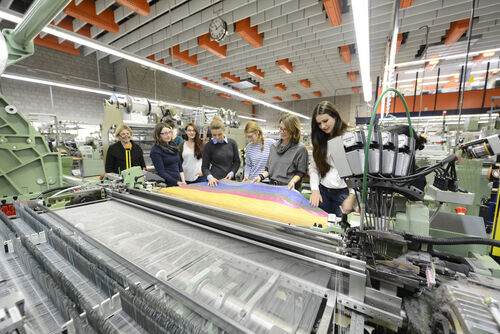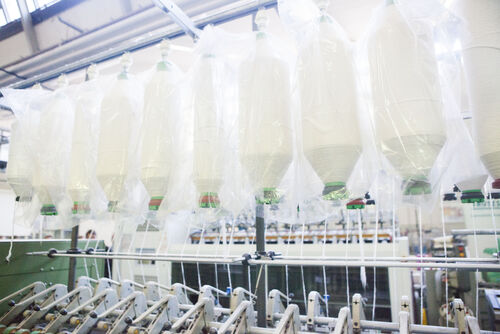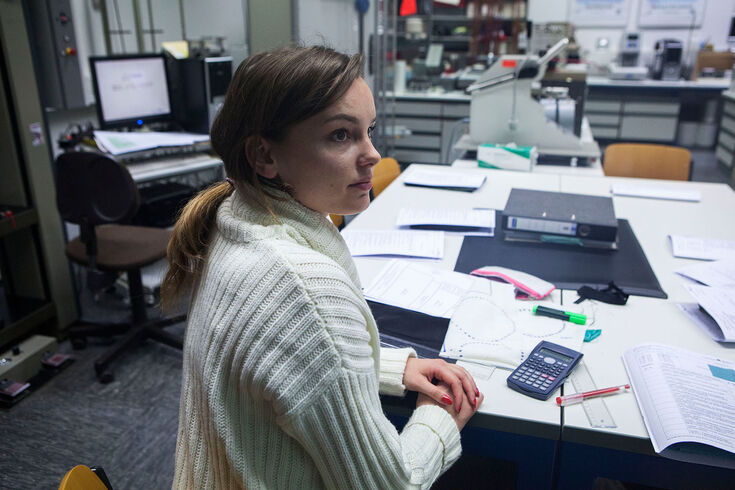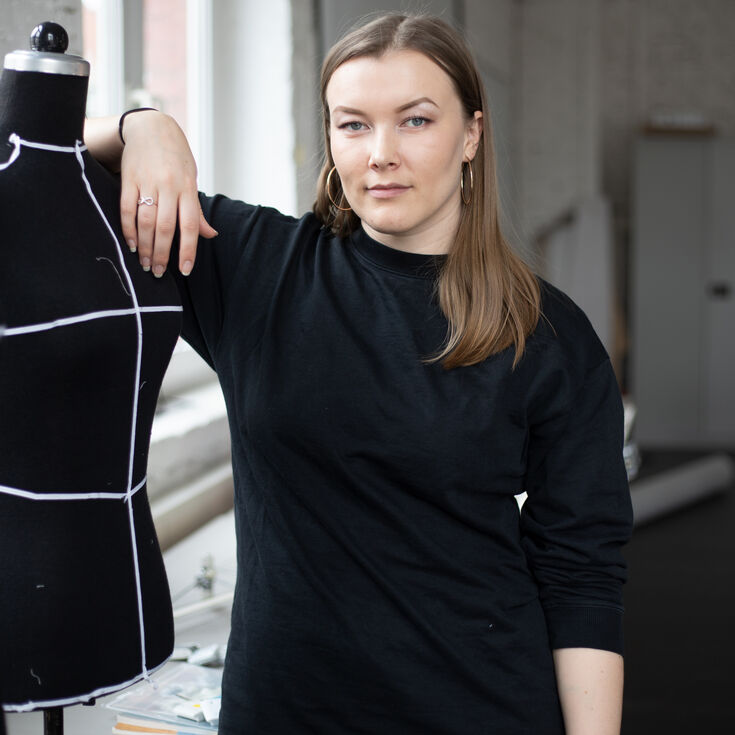In "Trade and Retail", students receive an overview of all relevant topics in international retailing. The students are able to recognize the importance of internationalization for fashion retailers and their success factors. They will be able to name the characteristics of international fashion retailers. They are able to explain the motives and goals for internationalization. The students are able to distinguish and explain the different steps of the internationalization process. They are able to derive the most important strategies for internationalization and expansion. They can explain their probability of success and distinguish the appropriate channels for new markets and new customers. After the studies they will be able to distinguish the most important retail formats and explain their characteristics and success factors. They are familiar with the global framework conditions of retailing and the global key trends in retail marketing. They have advanced knowledge of retail marketing and can distinguish the different roles of sales channels. They can also explain the different relationships between online and offline. You will be able to state the advantages and disadvantages of the main marketing tools in international retail. They acquire an advanced marketing knowledge and applied marketing skills in retail. Students examine the relationships between salespeople, buyers, and merchandisers and emphasize the importance of each position. They highlight the responsibilities of each role and how they are interrelated. The audience also discusses a range of promotional techniques and examines how they impact business success.
The retailing of textiles is in flux. International retailers, foreign verticals, manufacturer-owned stock, and new online and mobile channels are examples of changes in play. Cross-border trade is also growing rapidly. This means a jump in sales for imported retailers and ultimately an ultimate thread for traditional textile and fashion retailers. In this game, retailers need to grow and internationalize. International retailing and global retail marketing have become an opportunity to survive. Companies need to understand the new SWOTS and fight back with modern marketing and sales methods. They need to develop and implement strategies for modern marketing and sales channels. As a consequence, textile and fashion students need to acquire "knowledge and skills" in international retailing.


